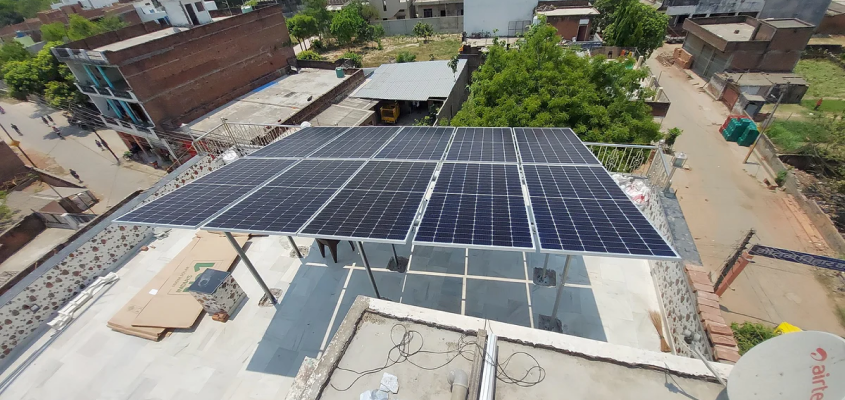Our materiality assessment represents an opportunity to understand material topics relevant to our stakeholders and our business operations, in addition to providing insight on how we create value in the environment, social, and governance (ESG) landscape. In FY23, in our effort to create a holistic framework to engage with our expansive ecosystem of stakeholders, we designed an exhaustive and comprehensive materiality assessment. Through this assessment, we have derived 25 material topics critical to our value creation agenda.
Our materiality determination process
Identification of material topics
Identifying material issues among industry peers based on national and international frameworks and standards
Identification of internal and external stakeholders
Develop a universe of material topics
Develop a materiality assessment questionnaire for finalized topics
Finalize the questionnaire and float it to stakeholders
Prioritization of material topics
Receive and map business objectives and risks
Data analysis for materiality assessment
Review of material topics
Draft a materiality matrix for management discussions, review, and approval
Validation of material topics
The materiality matrix is further validated by Tata Power’s senior management
Finalization of the materiality matrix
Materiality matrix

In our effort to adopt benchmark standards in corporate governance, Tata Power follows a materiality matrix, which is designed based on feedback and inference from an exhaustive online materiality survey with stakeholders
Environment
Climate strategy
Emissions management
Energy management
Continuous and affordable green power
Safeguarding biodiversity
Hazardous and toxic waste management
Water and effluent management
Social impact
Diversity and inclusion in the workplace
Socially responsible employer
Employee retention, engagement, and talent development
Occupational health and safety
Labour management
Human rights
Customer relationship management
Building sustainable communities
Responsible supply chain
Governance
Creating economic value
ESG Governance
Risk management and BCDMP (Business continuity and disaster management plan)
Ethical business conduct
Transparency and accountability
Digitalization and cybersecurity
Regulatory compliance and landscape
New business opportunities
Innovation and collaborations
Keep reading...
View all







